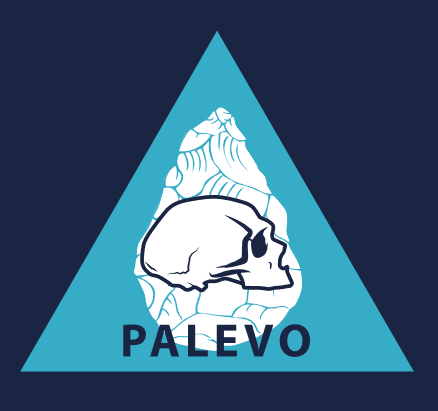Second annual PalEvo-PalMeso lecture takes place at St Hugh’s

The 2nd Annual PalEvo-PalMeso Lecture, entitled “Geoanthropology – Long-term Human Interactions with the Earth System,” took place on Wednesday 8 May 2024 at St Hugh’s College. Organised by Professor Dylan Gaffney, Hertford’s Tutorial Fellow in Archaeology and Professor Thomas A. Püschel, St Hugh’s Tutorial Fellow in Human Sciences, this annual lecture alternates between Oxford and Cambridge universities, joining the Oxford PalEvo seminar series with the Cambridge PalMeso seminar series.
The event featured two compelling talks. Svenja Arlt (DPhil Archaeology Wolfson) began with an insightful early career presentation on the archaeology of resilience and land-use in Pleistocene South Africa. Her talk set the stage by exploring how early human communities adapted to environmental challenges, offering a nuanced understanding of resilience and land-use strategies during the Pleistocene era.
Svenja was followed by Patrick Roberts, Research Group Leader from the Max Planck Institute, who delivered a thought-provoking lecture on geoanthropology, emphasising the extensive and complex interactions between human societies and the Earth system over millennia. Patrick discussed the concept of geoanthropology, highlighting that understanding the long-term perspective of human-environment interactions can provide critical insights into contemporary issues surrounding the proposed ‘Anthropocene’ epoch. By integrating multidisciplinary research from archaeology, history, Indigenous traditional knowledge, palaeoecology, and Earth system science, Patrick illustrated how human activities have shaped the biosphere, hydrosphere, geosphere, cryosphere, and atmosphere throughout history. The lecture underscored land use as a crucial lens for examining these processes, using case studies ranging from the Pleistocene to the Late Holocene to underscore humanity’s increasing entanglement with planetary systems.
The event was a notable success, attracting students and academics from different colleges, departments, as well as universities, thus highlighting the interdisciplinary nature of the research presented. Attendees gathered at St Hugh’s College to engage with the compelling arguments presented by both presentations. By analysing the diverse historical record, the talks suggested that we can gain a better understanding of the origins, scale, and pace of current environmental changes. Furthermore, insights from the past may offer practical solutions to address the complexity and inequality of current human-environment relationships, paving the way for more just and sustainable futures.
